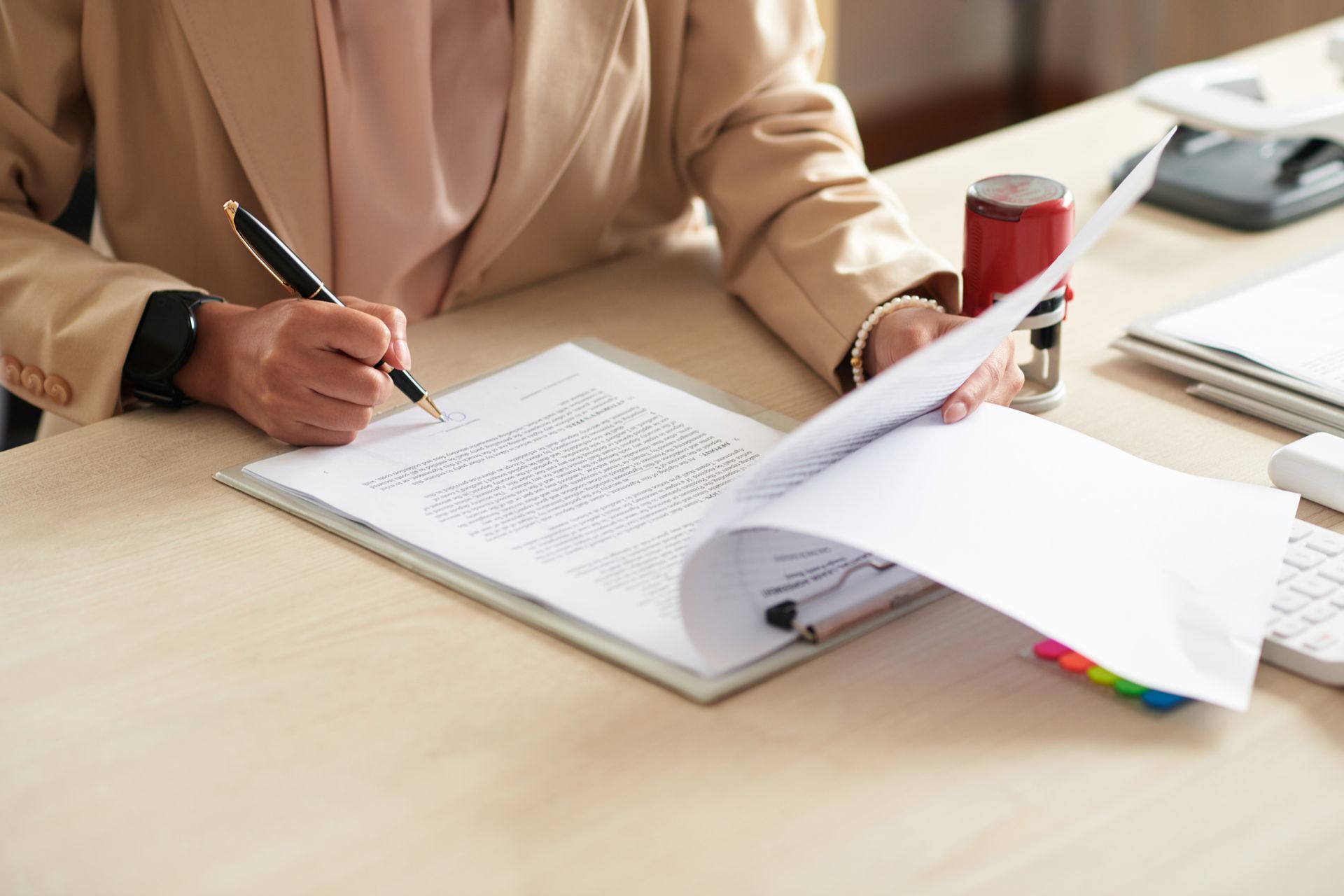Powers of Attorney Notarization
The Nearby Notary found worldwide, helps you with notarizing powers of attorney. Making sure these documents are official is very important if you need someone to take care of your things when you can't.
What Is a Power of Attorney?
A power of attorney is a paper that lets one person make decisions for someone else. This could be handling money, making health choices, or other personal matters. It's needed when someone can't take care of their affairs due to being sick or away.

The Importance of Notarizing Powers of Attorney
Why Notarization Matters
When we notarize a power of attorney, it confirms that the person's signature is real and they agreed to it freely. This stops other people from faking the signature and makes the document strong and respected, especially by banks and hospitals.
Types of Powers of Attorney We Notarize
Different Powers for Different Needs
We handle many kinds of powers of attorney, like general, limited, durable, and medical. Each type has its use, from doing almost everything for someone to just handling one thing, like selling a car or managing health care.

Getting Ready for Your Appointment
Preparing for Your Power of Attorney Notarization
FAQs About Notarizing Powers of Attorney
If you have any questions, don't hesitate to contact us. We are here to help!
Ready to Notarize Your Power of Attorney?
If you need to notarize your power of attorney or have questions, call The Nearby Notary today. We make sure your document is ready and valid when you need it. Stop by our office in Phoenix or give us a call to set up a time.


